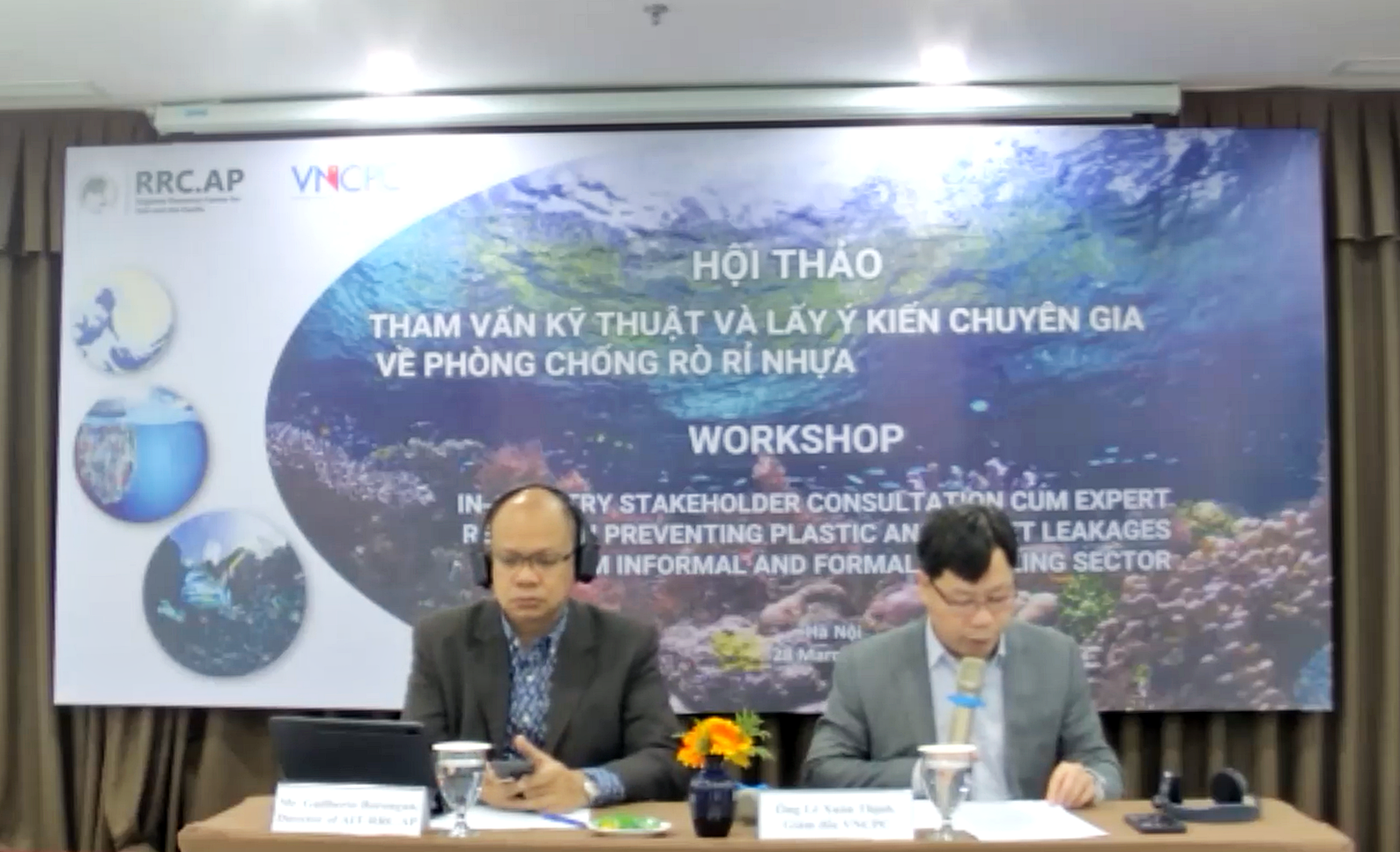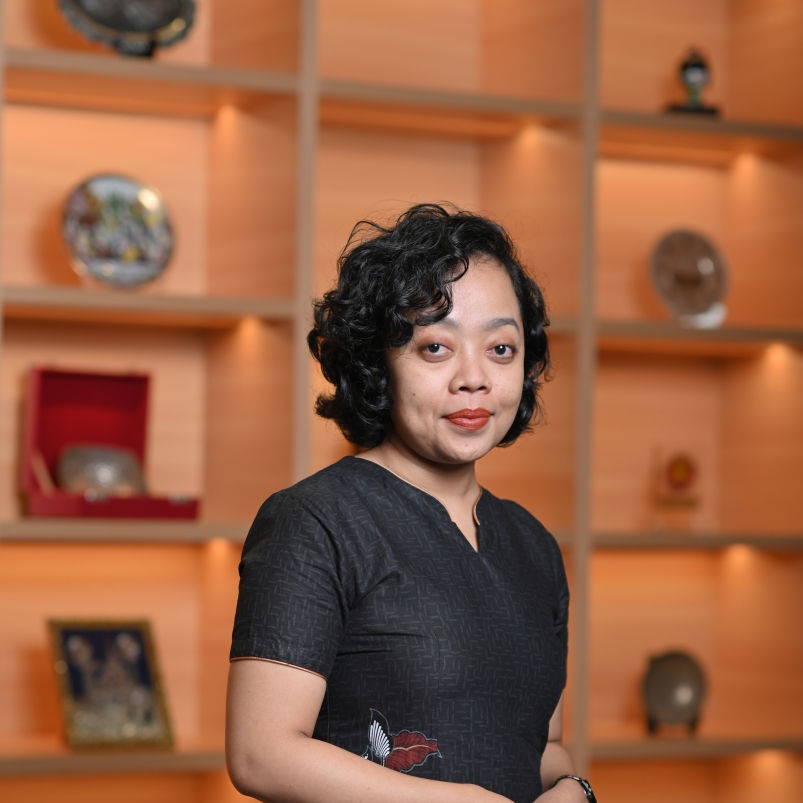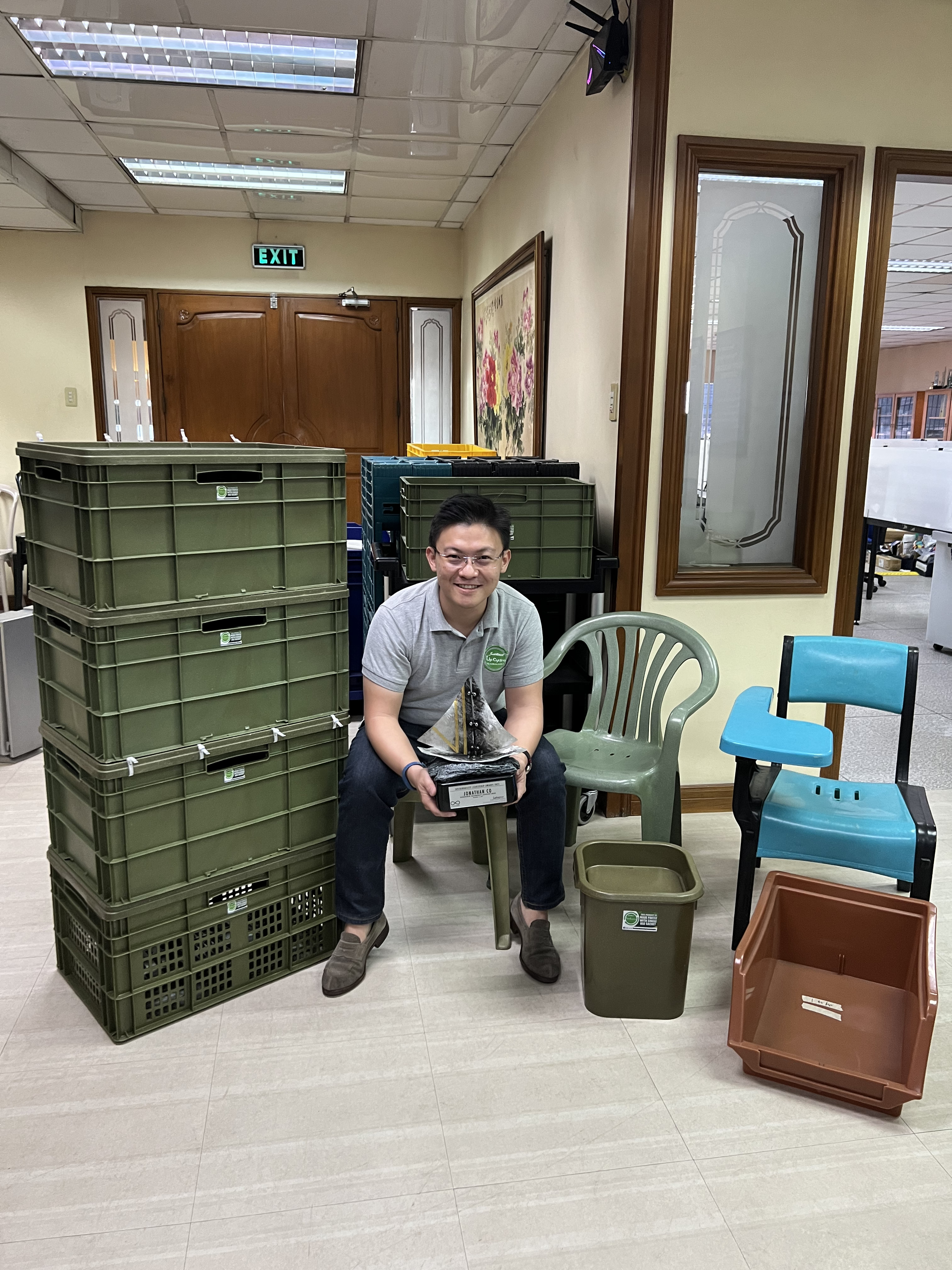

Ha Noi, 28 March 2023: An in-country stakeholder consultation and expert review workshop under the Development and Dissemination of Technical Guidelines for Plastics and Resin Pellets Leakage Prevention from Factories and the Informal Recycling Sector in ASEAN project, was organised by the Asian Institute of Technology (AIT) Regional Resource Centre for Asia and the Pacific (RRC.AP), in collaboration with the Viet Nam Cleaner Production Centre Company Limited (VNCPC).
The project, funded by ERIA's Regional Knowledge Centre for Marine Plastic Debris (the Centre) and launched in May 2022, aims to harness best practices and insights from six cities across Thailand, the Philippines, Lao PDR, and Viet Nam, to support the development of technical guidelines to help ASEAN Member States (AMS) prevent plastic leakage from factories and the informal recycling sector.
Mr Michikazu Kojima, ERIA’s Senior Advisor for Environmental Issues, said the good practices collected through this project are very relevant to the respective countries and provide meaningful lessons learned for the ASEAN region as a whole.
‘The Technical Guidelines developed for plastics and resin pellets' leakage prevention is expected to build capacity in the region,’ he said in his opening remarks.
Dr Guilberto Borongan, AIT-RRC.AP Director, echoed Mr Kojima, saying both the project's Technical Guidelines and Situation Assessment Report will support capacity building and awareness raising through training and knowledge sharing among AMS stakeholders.
‘The stakeholders targeted for this exercise are government officers, including the staff in charge of the environmental impact assessment, cleaner production centres, as well as associations of plastic recycling and plastic industries, and also the informal waste sector such as junk shops,’ he said.
The project is implemented in alignment with the ASEAN Framework of Action on Marine Debris and the Bangkok Declaration on Combating Marine Debris in ASEAN. Its main roles include data collection and scoping exercises across the six participating cities.
Ms Do Thi Diu, VNCPC Regional Comprehensive Economic Partnership (RECP) Consultant; and Mr Huno Solomon Kofi Mensah, AIT's RRC.AP Senior Programme Officer of the Waste and Resource Management Cluster; then presented the Situation Assessment Report and Technical Guidelines drafts.
Mr Solomon said the Technical Guidelines were developed based on an environmental performance objective framework taking five aspects into account: air, environmental sitting, land and soil, litter and debris, and water and wastewater.
Workshop participants then asked questions and shared their input to help improve the drafts.
‘I really appreciate the time you have taken to sit with us and help us review this document that we have produced from the project,’ said Mr Solomon.
The project's next step is to incorporate the feedback collected during the workshop and proceed with data analysis. Once the guidelines are finalised, knowledge-sharing and capacity-building activities will be conducted to strengthen AMS capacity in preventing plastic and resin pellet leakage from factories and the informal recycling sector.
Ha Noi, 28 March 2023: An in-country stakeholder consultation and expert review workshop under the Development and Dissemination of Technical Guidelines for Plastics and Resin Pellets Leakage Prevention from Factories and the Informal Recycling Sector in ASEAN project, was organised by the Asian Institute of Technology (AIT) Regional Resource Centre for Asia and the Pacific (RRC.AP), in collaboration with the Viet Nam Cleaner Production Centre Company Limited (VNCPC).
The project, funded by ERIA's Regional Knowledge Centre for Marine Plastic Debris (the Centre) and launched in May 2022, aims to harness best practices and insights from six cities across Thailand, the Philippines, Lao PDR, and Viet Nam, to support the development of technical guidelines to help ASEAN Member States (AMS) prevent plastic leakage from factories and the informal recycling sector.
Mr Michikazu Kojima, ERIA’s Senior Advisor for Environmental Issues, said the good practices collected through this project are very relevant to the respective countries and provide meaningful lessons learned for the ASEAN region as a whole.
‘The Technical Guidelines developed for plastics and resin pellets' leakage prevention is expected to build capacity in the region,’ he said in his opening remarks.
Dr Guilberto Borongan, AIT-RRC.AP Director, echoed Mr Kojima, saying both the project's Technical Guidelines and Situation Assessment Report will support capacity building and awareness raising through training and knowledge sharing among AMS stakeholders.
‘The stakeholders targeted for this exercise are government officers, including the staff in charge of the environmental impact assessment, cleaner production centres, as well as associations of plastic recycling and plastic industries, and also the informal waste sector such as junk shops,’ he said.
The project is implemented in alignment with the ASEAN Framework of Action on Marine Debris and the Bangkok Declaration on Combating Marine Debris in ASEAN. Its main roles include data collection and scoping exercises across the six participating cities.
Ms Do Thi Diu, VNCPC Regional Comprehensive Economic Partnership (RECP) Consultant; and Mr Huno Solomon Kofi Mensah, AIT's RRC.AP Senior Programme Officer of the Waste and Resource Management Cluster; then presented the Situation Assessment Report and Technical Guidelines drafts.
Mr Solomon said the Technical Guidelines were developed based on an environmental performance objective framework taking five aspects into account: air, environmental sitting, land and soil, litter and debris, and water and wastewater.
Workshop participants then asked questions and shared their input to help improve the drafts.
‘I really appreciate the time you have taken to sit with us and help us review this document that we have produced from the project,’ said Mr Solomon.
The project's next step is to incorporate the feedback collected during the workshop and proceed with data analysis. Once the guidelines are finalised, knowledge-sharing and capacity-building activities will be conducted to strengthen AMS capacity in preventing plastic and resin pellet leakage from factories and the informal recycling sector.

Knowledge Management Associate


